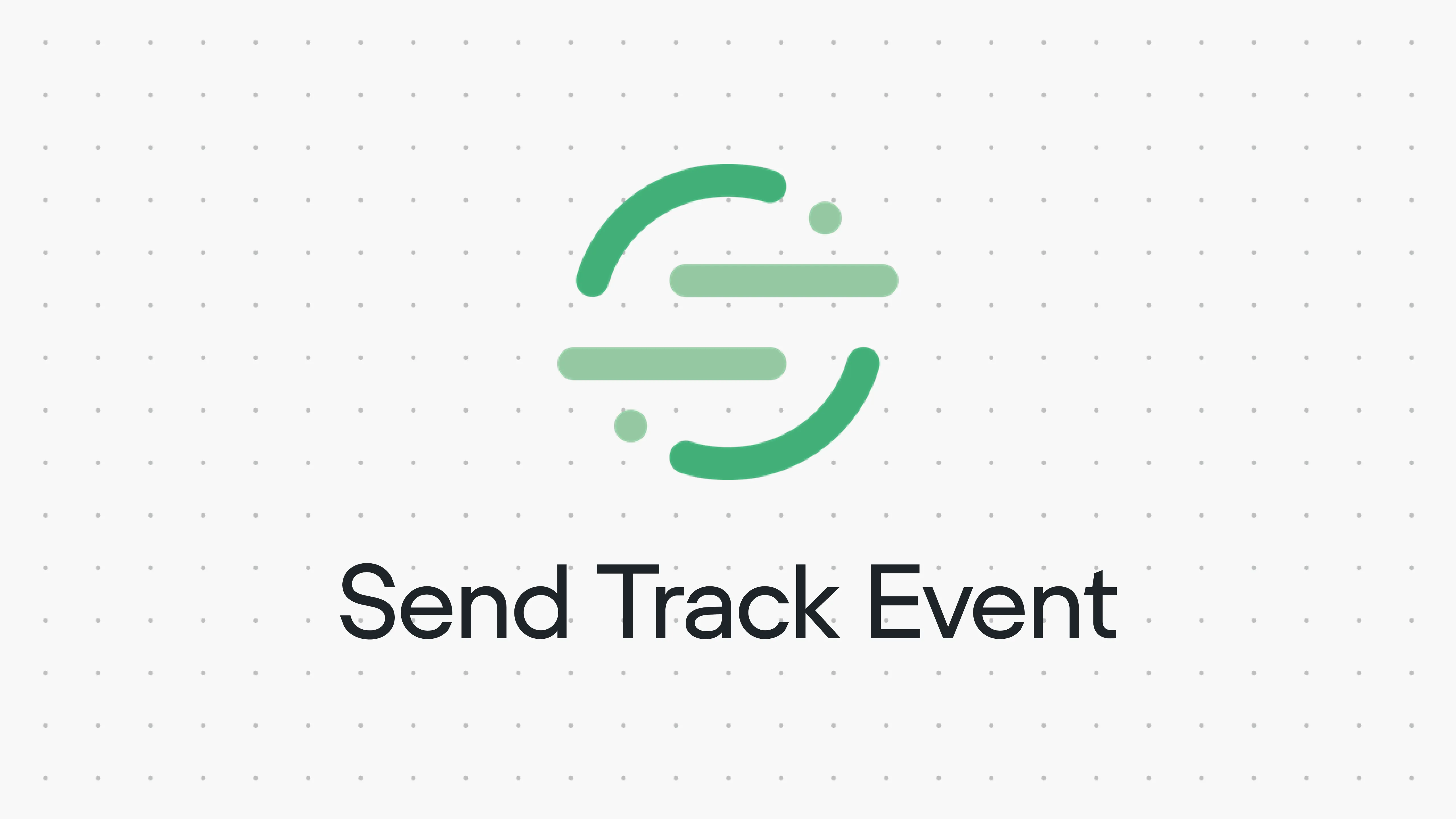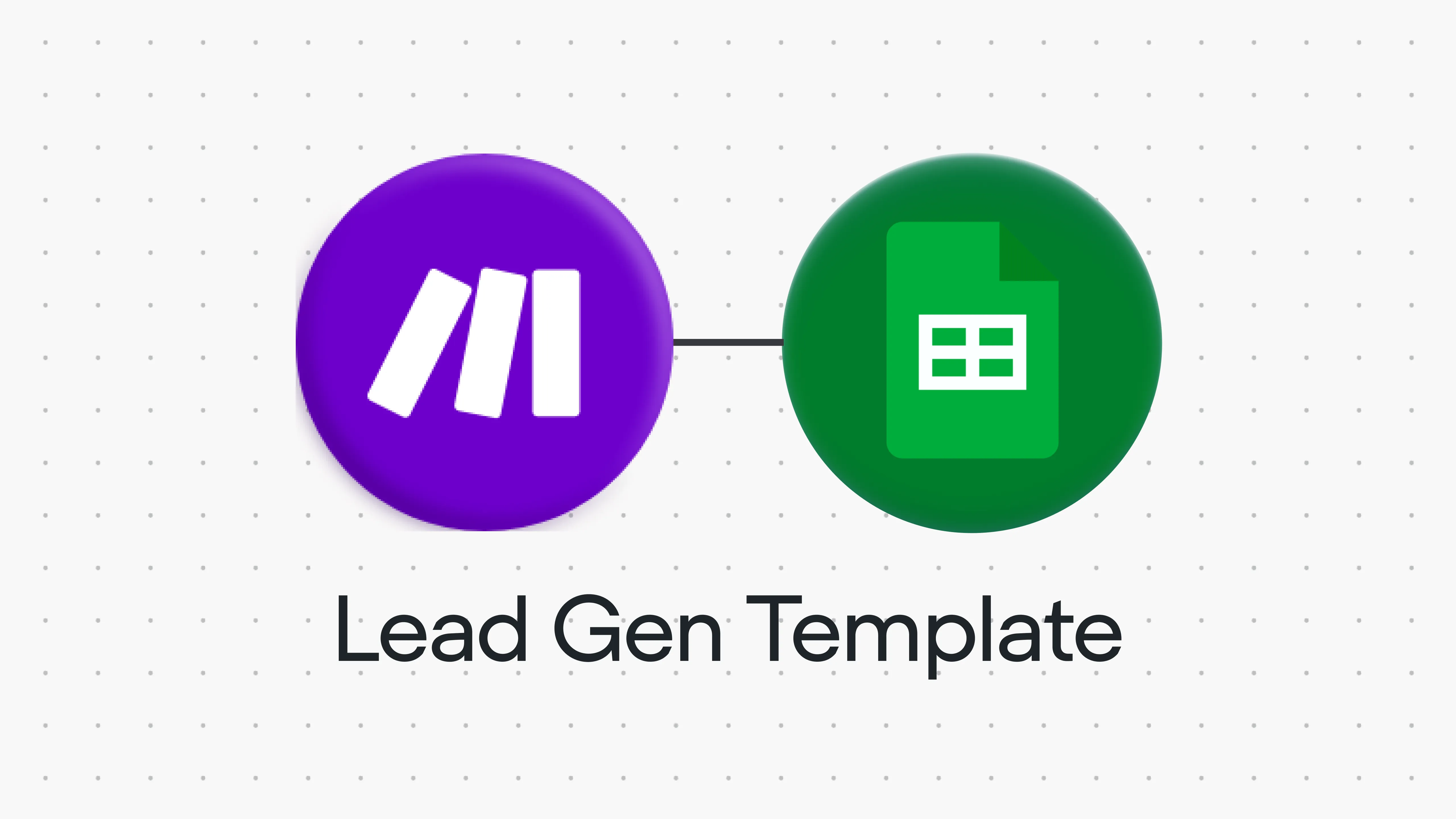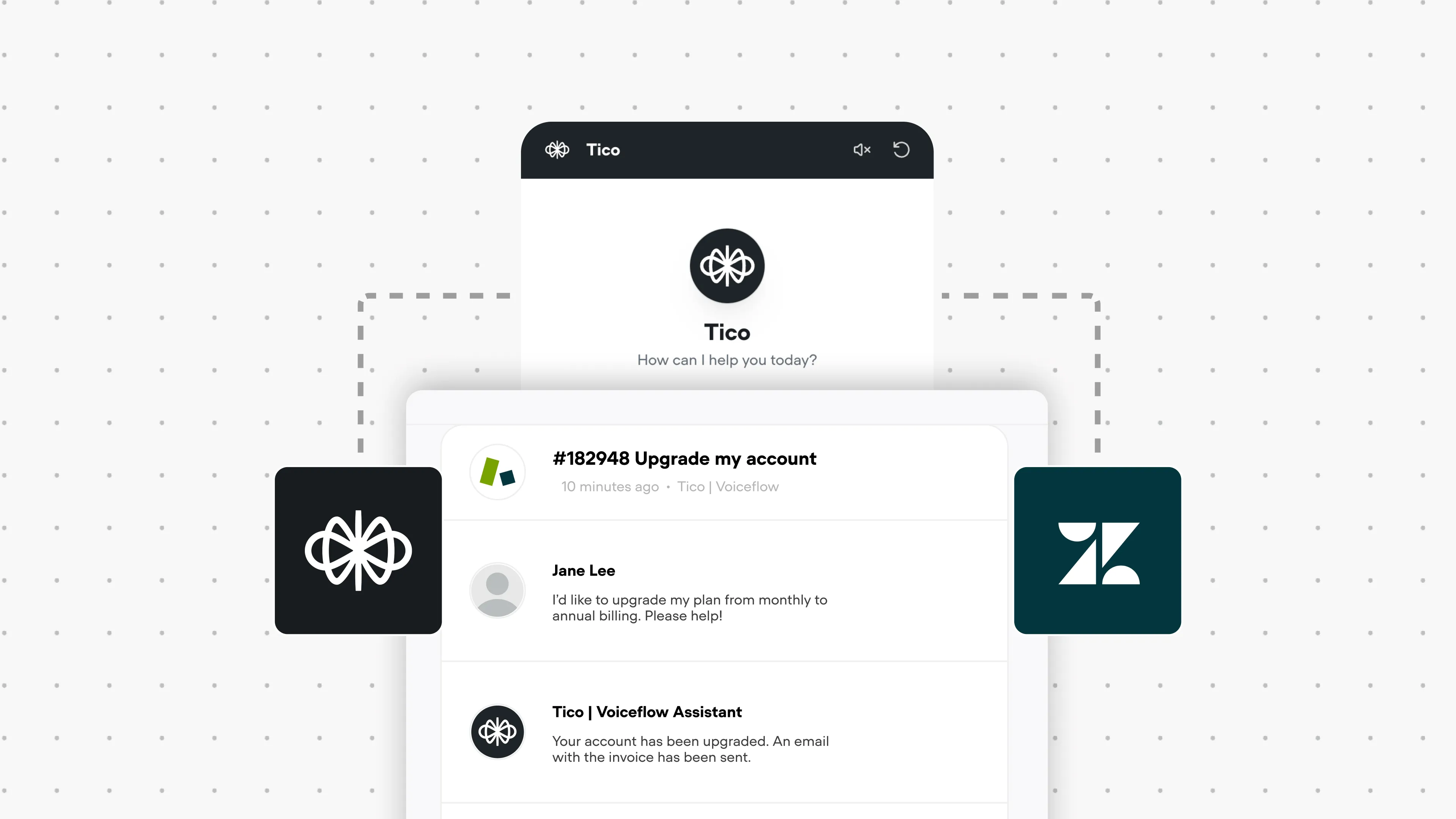Segment: Send Track Event
Function to send out a Track event to Segment. Track lets you record the actions your users perform. Every action triggers an “event”, which can also have associated properties.
Explore More Templates
Build and submit a Template to have it featured in the community.

No items found.
No items found.










.webp)


